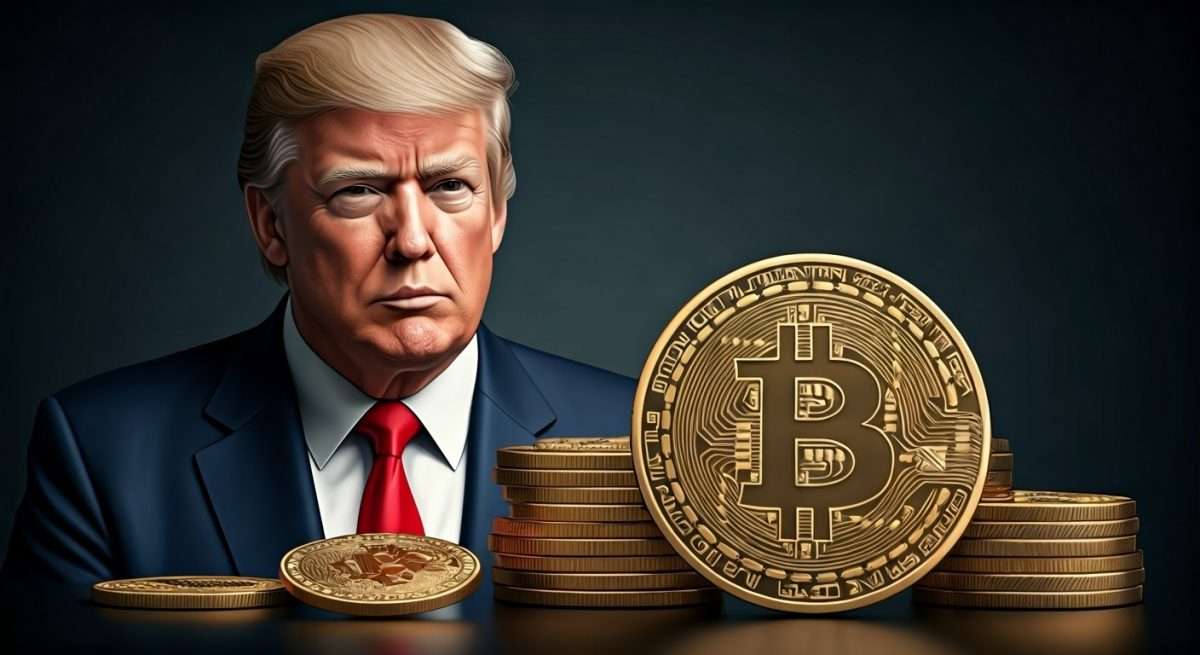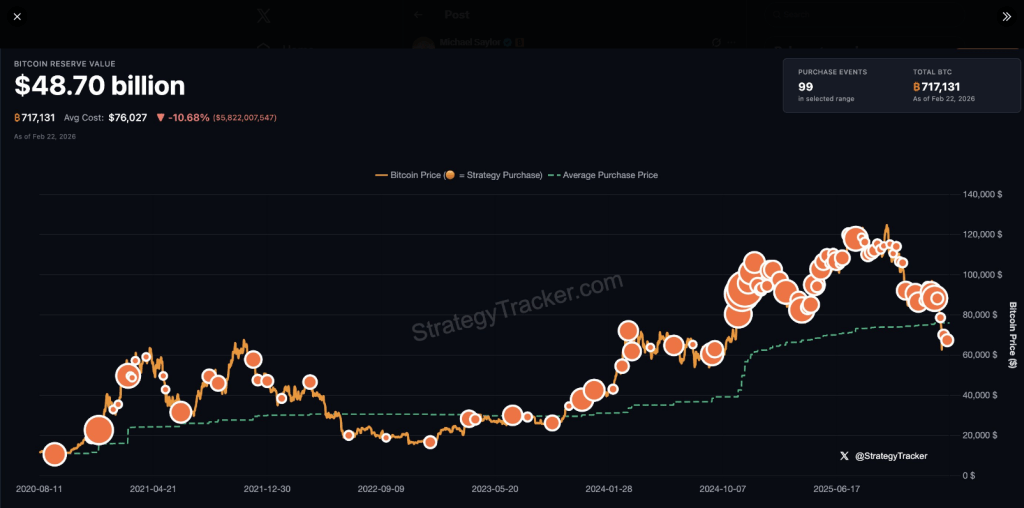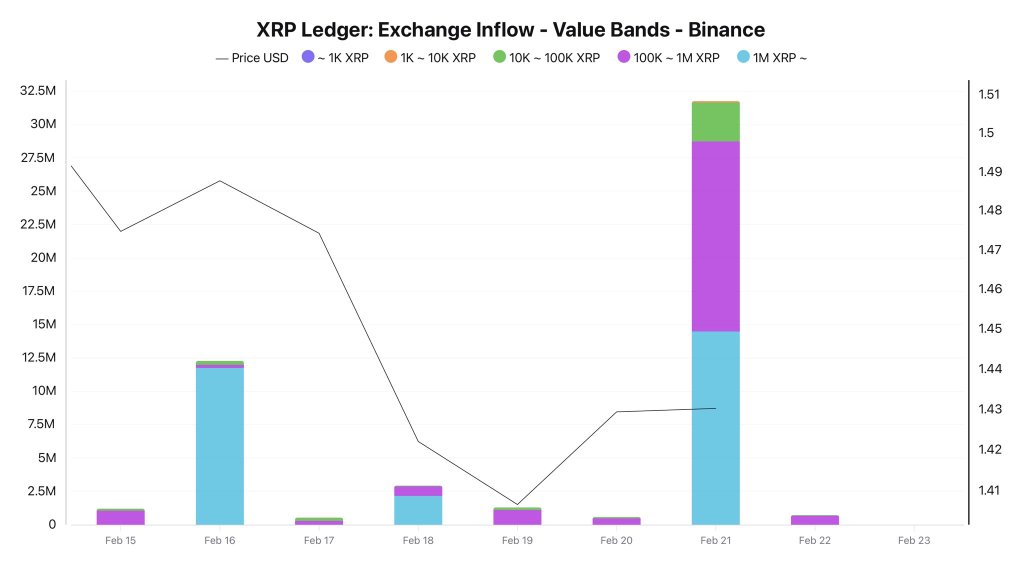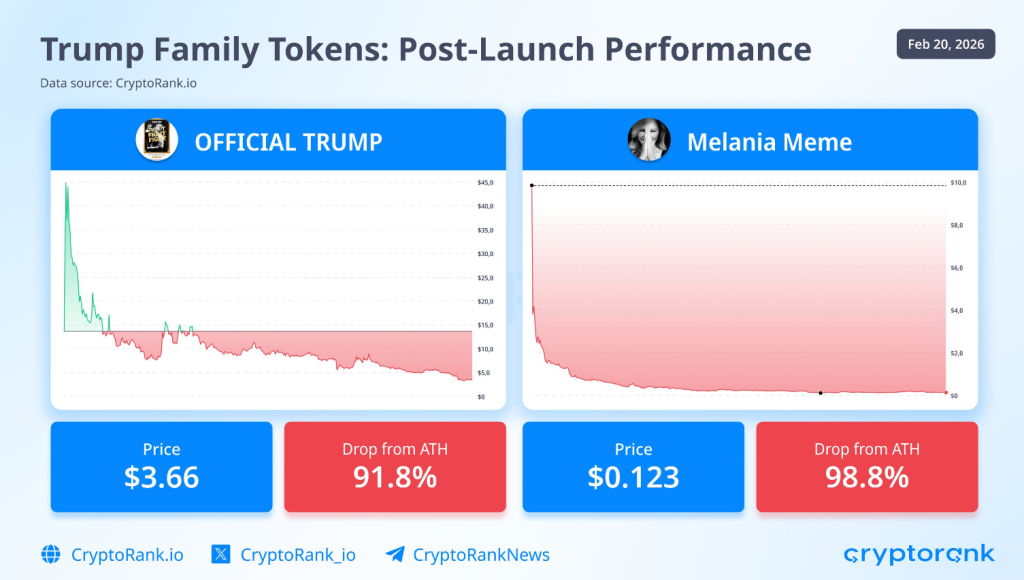
The flurry of executive orders and appointments headlining President Donald Trump’s start to his second term is influencing foreign relationships, domestic policy, and the economy, including the crypto sector. The blistering start yields optimism among crypto market insiders and investors that digital assets will sustain bullish momentum in 2025. The anticipation is well-founded on the Bitcoin 125% surge, far outperforming the annual returns from gold and the US stock market.
The dramatic growth is partly due to Trump’s bold promises during the 2024 election campaign to eliminate regulatory ambiguity and establish Bitcoin as a strategic reserve asset. The heightened expectations for Trump to enforce pro-crypto policies elevated Bitcoin above the $100,000 dream level as it set a new peak on Jan 20 at $109,114.88 per CoinMarketCap data.
While the outlook for digital assets policy has never been better, breaking down whether the Trump administration is a blessing or curse for crypto is essential.
Engagement of Pro-Crypto Figures
Donald Trump’s return to the Oval Office brings immediate implications for the global cryptocurrency space, investor sentiment, and regulatory landscape. Notably, Trump pardoned Silk Road founder Ross Ulbrich. This marks a key win for crypto enthusiasts who credit Ross as a pioneer in onboarding a million individuals to Bitcoin.
Trump 2.0 signals intent to overhaul the regulatory framework with key administration positions filled with pro-crypto figures. The primary choice is Paul Atkins, known for his pro-cryptocurrency stance, to succeed Gary Gensler as the US Securities and Exchange Commission (SEC) chair.
Moreover, the pick for Scott Bessent as Treasury Secretary is significant given his expressed support for Trump embracing digital assets as a perfect fit for the Grand Old Party. The 62-year-old, approved by the Senate, informed Fox Business in the July 2024 interview that crypto prioritizes freedom, and the digital assets economy is here to stay.
The Trump administration has Tesla chief Elon Musk heading the newly established Department of Government Efficiency (DOGE). The world’s wealthiest individual has publicly affirmed support for crypto, notably Bitcoin and Dogecoin (DOGE).
Musk has recently hailed blockchain as offering unparalleled potential for guaranteeing transparency and efficiency. He considers this will help eliminate fraud and wasteful spending within the US government. Joining Musk is former PayPal executive David Sacks, who Trump named the White House AI and crypto czar.
The pro-crypto figures’ involvement in Trump’s administration coincides with the Republican Party majority in the Senate and House of Representatives. Wyoming Senator Cynthia Lummis (R), a staunch Bitcoin advocate behind The Bitcoin Act, will oversee legislative actions as chair of the Senate banking panel on digital assets.
The presence of the pro-Bitcoin Senator in the decision-making authority excites the Bitcoin maximalists. This presents a ground for a higher likelihood of passing comprehensive legislation to address regulatory uncertainties confronting the virtual asset market.
SEC’s Focused Reforms
Trump has overseen leadership changes in the SEC by appointing Commissioner Mark Uyeda as the acting chair. This appointment follows the exit of Gary Gensler on Jan 20, whose tenure is associated with a burdensome regulation-by-enforcement approach targeting crypto firms and projects.
SAB 121 Repeal
Uyeda has settled in the office quickly to establish a crypto task force mandated to develop a comprehensive regulatory framework. Furthermore, the task force rescinded the unpopular staff accounting bulleting (SAB) 121. Its revocation signals endorsement of the bipartisan resolution in Congress last year to revoke SAB 121. The rescission of SAB 121 is a departure from former President Biden, who vetoed Res. 109, which aimed to repeal the controversial SEC’s bulletin that burdened banks offering custody services. The swift action denotes the rapid pivot from Gensler’s policies. The former chair is viewed by many in the virtual assets sector as anti-crypto for waging a campaign stifling the decentralized asset class.
Downsizing Enforcement Team
Under Uyeda’s leadership, the SEC is downsizing the Crypto Assets and Cyber Unit from over 50 staff under Gensler’s tenure. A recent New York Times publication revealed plans by the agency to scale back enforcement efforts targeting crypto firms and projects.
The SEC has reassigned lawyers from the Cyber Unit and directed the enforcement staff to seek commissioners’ approval before opening formal investigations, subpoenas issuance, and testifying.
Executive Order on Crypto
Even though crypto investors celebrate the SEC reforms and integration of pro-crypto figures in the Trump administration, signing the executive order on crypto overshadows almost all actions. Considering that the expectations have been high for this policy step, the executive order issued solidifies crypto as a priority for Trump’s administration. Having this at the federal level opens the door for subsequent innovation in the crypto space.
While the timelines and recommendations do not mandate immediate change, they offer several tailwinds toward the crypto sector growth. This contrasts with the repressive enforcement in the Biden administration.
The order has notable items, including forming a presidential working group in the crypto markets. This unit is tasked with establishing the federal regulatory framework for dollar-backed stablecoins. It aligns with the other economic policies premised on maintaining the dollar dominance. Additionally, it directs the Group to evaluate the creation of a national digital asset stockpile aligned with the Trump campaign pledges.
The order bans federal agencies from efforts to create and promote CBDC. This aligns with the firm stance of Trump, who considers such a perfect channel for digital surveillance and dictatorship.
Similarly, in his nomination hearing, Bessent echoed Trump’s stance on dismissing central bank digital currency (CBDC) issuance. He labelled it a pursuit for countries with limited investment options and battling economic constraints.
Final Thoughts
Reflecting on the executive order on crypto flagged by policy and regulatory moves elevates digital assets to a federal priority under the Trump administration. Notably, the leadership and policy changes in the SEC, coupled with pro-crypto figures and lawmakers, is a leap toward the much-awaited progress in the US crypto sector.
Disclaimer: This article is for informational purposes only and should not be considered financial, legal, or investment advice.






